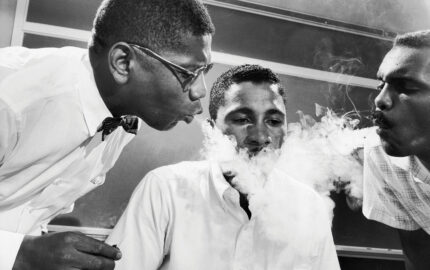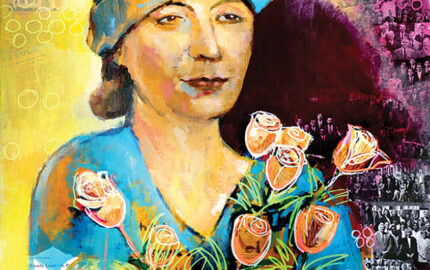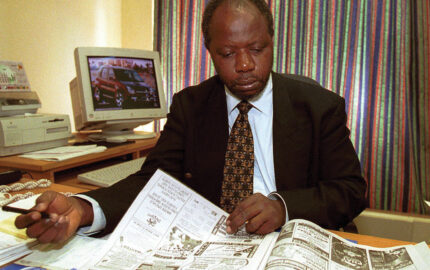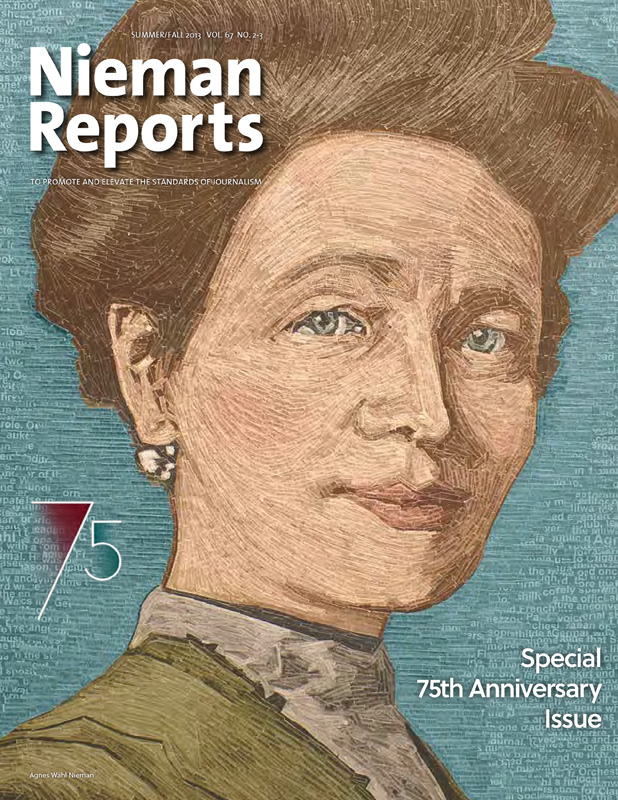
As a journalist and history professor, Bass has sought to draw attention to the Orangeburg Massacre
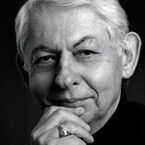
Jack Nelson, NF ’62, has written in his posthumously published memoir “Scoop” that professor Thomas Pettigrew’s course on race relations made him “more aware of the injustice of segregation and racism.” I met Pettigrew only once, at a Nieman class event while he was on sabbatical leave. He later encouraged Jack and me to write “The Orangeburg Massacre.” That story began on Feb. 6, 1968, on the campus of historically black South Carolina State College, during an evening student protest at Orangeburg’s lone, still-segregated bowling alley. The night ended with white highway patrolmen clubbing male and female students with riot batons.
I was Columbia, S.C. bureau chief for The Charlotte (N.C.) Observer and arrived at the scene by 8 a.m. the next morning. The following night, highway patrol gunfire left three students dying and 27 others wounded. One later testified, “The sky lit up like it was daylight.”
This tragic event, which took place two years before four young people were killed at Kent State University, remains little known. Nelson, the Los Angeles Times Atlanta bureau chief, wrote the first story detailing that most students were shot from the side or from behind while trying to flee. Nelson and I both covered the later federal criminal trial that exonerated nine patrolmen but fully disclosed the facts. Our book followed in 1970. An updated paperback remains in print. All royalties go to a scholarship fund named for the three students killed. I still attend the annual memorial service and continue to push for the state to conduct its own full investigation and make restitution. It’s not too late.
